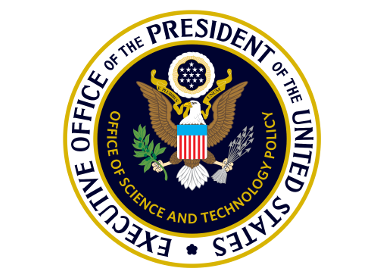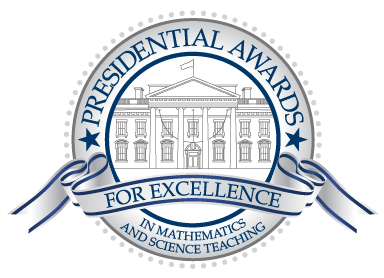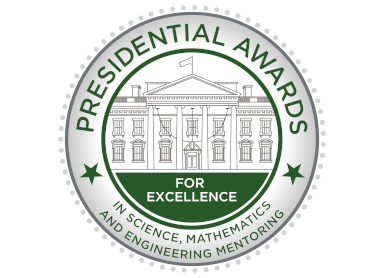Kristin Joivell
Alexandria, PA | K-6, Science, 2020

Biography
Kristin Joivell has been a teacher for more than 25 years at Juniata Valley Elementary School. In addition to using an inquiry-based approach in daily classroom science lessons, Kristin coordinates STEM family events, the annual Science Fair, and the after school Science Club. In striving to connect real science research to student learning, she assisted researchers with field work in Greenland as an Arctic Plant Phenology Learning through Engaged Science (APPLES) team member; Manitoba as a Teach Earth Senior Fellow; South Dakota with Penn State University; the Bahamas as an Earthwatch Fellow; and Alaska as a Teacher at Sea. She then used these experiences to enrich the design of schoolwide student research projects. Kristin conducted Family Science Nights at her school district to showcase student science learning. These interactive evening events highlighted student work in pond research, phenology projects, STEM education, and the formal science partnership between her district and Shaver’s Creek Environmental Center. To help teachers nationwide become aware of the possibilities of science education, she presented to educators at formal workshops through the APPLES project and Earthwatch Institute. Locally, she serves on her school’s STEM committee and is a Pennsylvania Master Naturalist. Kristin has a B.S.Ed. in elementary and early childhood education from Millersville University and a M.Ed. in curriculum and instruction from Penn State University. She is certified in elementary and early childhood education.
High-resolution version of the official portrait photograph
Awardee with Dr. Quincy Brown, Senior Policy Advisor at the White House Office of Science and Technology Policy (OSTP) and Dr. Sylvia Butterfield, Acting Assistant Director at the Directorate for Education and Human Resources (EHR) within the National Science Foundation (NSF)
High-resolution version of the teacher profile photograph
The views expressed in awardee profiles are those of the author and do not necessarily reflect the views of NSF or the PAEMST program.



